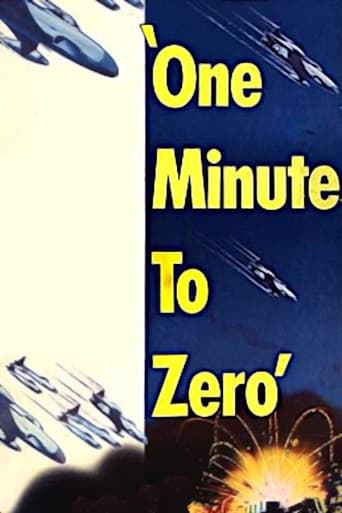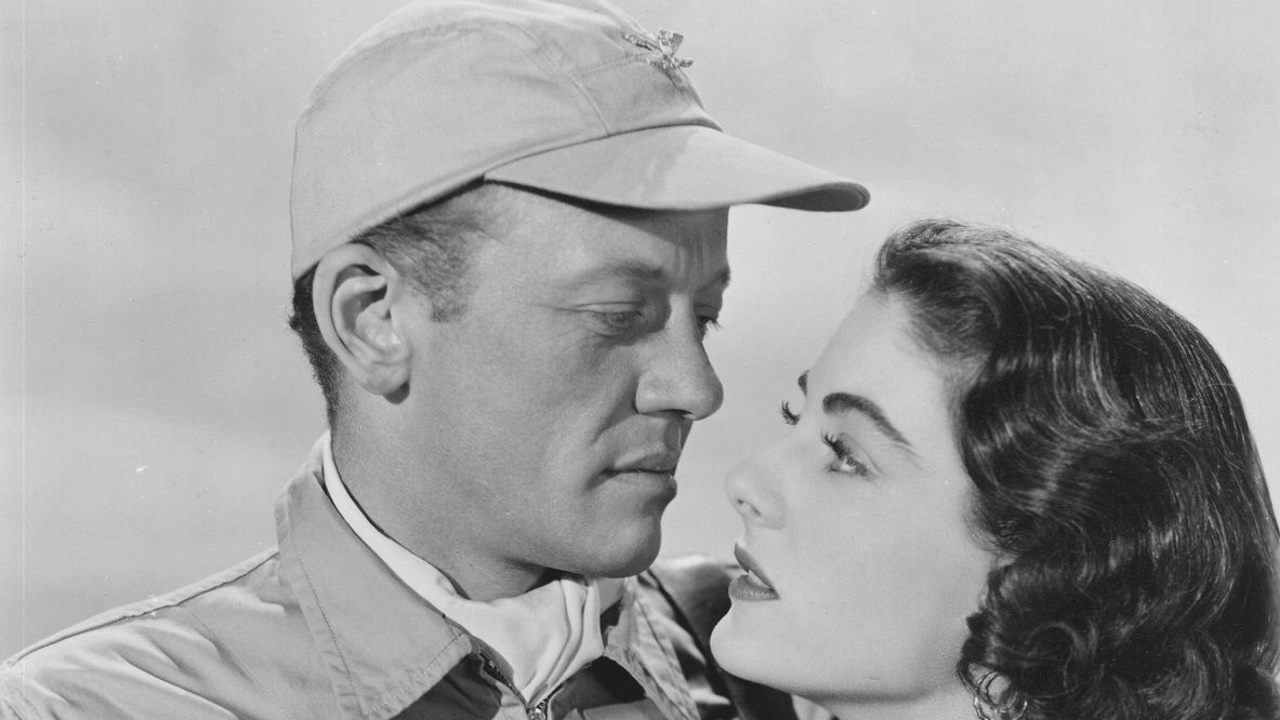dougdoepke
Rather dreary Korean War drama where everybody appears to be performing "by the numbers". There's none of the intensity expected of those life-and-death situations that distinguish the era's better war films (Bridges of Toko-Ri; Pork Chop Hill; Retreat, Hell!). The action never really gels, which I suppose is the fault of director Garnett who appears disengaged from what's on screen. It doesn't help that the screenplay also appears stitched together from a host of war movie clichés, few of which stick around long enough to establish themselvesthe wives, the ethnic grunts, the lonely orphan. It's like a runner in baseball thinking he has to touch all 100 bases before he can score.Of course, the film does contain one dramatic highlight that caused considerable controversy at the time, but has since proved revealingthe intentional shelling of civilian refugees by American forces. The screenplay tries to soften the impact with North Korean infiltrators holding refugees at gunpoint, but the destruction occurs anyway. Now, that was really a pretty gutsy move on somebody's part since the war was still going on when the movie was released in 1952.Though not publicized at the time, we now know from proved incidents such as No Gun-Ri (There was more than one eye-witness, and the only dispute is over the number killed) that such atrocities did occur on our side as well as the enemy's. And though not included in highschool history texts, there was considerable sympathy for the North from the peasantry of the South because of the landlord-dominated government of the South, many of which had collaborated with hated Japanese occupiers during WWII. As a result, considerable guerilla activity occurred in the South both before and during the war itself. Details such as these cast light on the basic accuracy of the movie's depiction. Ironically, the problem for GI's was the same here as in Vietnamhow to distinguish friendly civilians from the enemy, while too often the solution was to kill them all. But when your own life is on the line, what do you do? That's why Mitchum's Col. Janowski is so torn.Apparently studio honcho Howard Hughes had high hopes for the production since his name appears above the title. And even though the seams from stock footage are pretty obvious, the film is well produced with locations at Fort Carson, Colorado, where the terrain was said to resemble that of Korea. But background and special effects can hardly compensate for the general listlessness of the results or the ill-conceived Ann Blyth role. Nonetheless, the movie does remain memorable for its one revealing episode.
doug2go
This movie could have been made by the US Army but I am glad it wasn't. I found it to be entertaining, with good acting given a very familiar plot with lost of action. This is one of those movies the critics generally hate and the audiences like - there is nothing unique except the chemistry of the actors and fast moving action direction which makes for an entertaining movie for me. Ann Blyth wanted to be a singer but combined acting and singing in most of her movies somewhere. She and Robert Mitchum sing a duet of sorts which was very entertaining. I wonder how many people know Robert Mitchum had a #1 hit in the mid 50s " Thunder Road" - so he can sing some.
JimB-4
How someone as workmanlike as director Tay Garnett could take talents the like of Robert Mitchum and Charles McGraw and crank out this piece of sausage is pretty hard to fathom. It's not that the story is so bad for its time (early 1950s), but that the execution is so poor. Mitchum manages to be good insofar as the worst dialog of his career allows him, and McGraw is loaded down with even worse talk. The chemistry between Mitchum and love interest Ann Blyth is nil, the story veers from sickeningly sweet to nauseatingly real (courtesy of some actual combat footage of various people during or just after being roasted alive, etc.), and the majority of the supporting performances are amazingly amateurish for a studio picture of its time. Mitchum plays an infantry officer in Korea at the beginning of the war there. He has a bit of a queasy stomach after slaughtering a bunch of civilian refugees because a few Communist infiltrators were hiding among them, but even his initially outraged girlfriend comes to see that "even a doctor amputating a leg has to cut off some good flesh with the bad," and pretty soon, this mini-My Lai is forgotten (without anyone apparently considering whether a wiser choice than massacre might have existed). But it's the amateurishness of the direction, the high-school-play sort of staging and dialog that make "One Minute to Zero" (a title without meaning or explanation in the film) an anomaly: how could these people, whose talent is undeniable, have made such a silly and childish little home movie. The philosophy of war, the details of combat and life in a war zone in general, even the romance, all are done with the sophistication and expertise of the average seven-year-old boy. This is the kind of movie Robert Mitchum was often accused of sleepwalking through, but in reality, were it not for him, it would be utterly unbearable.
semperfijack
The one good thing about this so-so Korean war film is the music score by Victor Young. It features the great romantic song "When I Fall in Love" Although not sung in the film (therefore not Academy Award nominated) it was recorded by Nat "King" Cole and others. Cole's is the best and is featured on many of his albums.


 AD
AD



